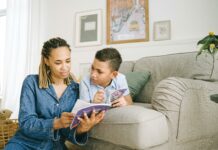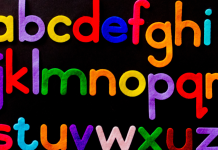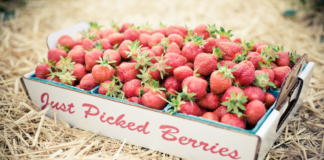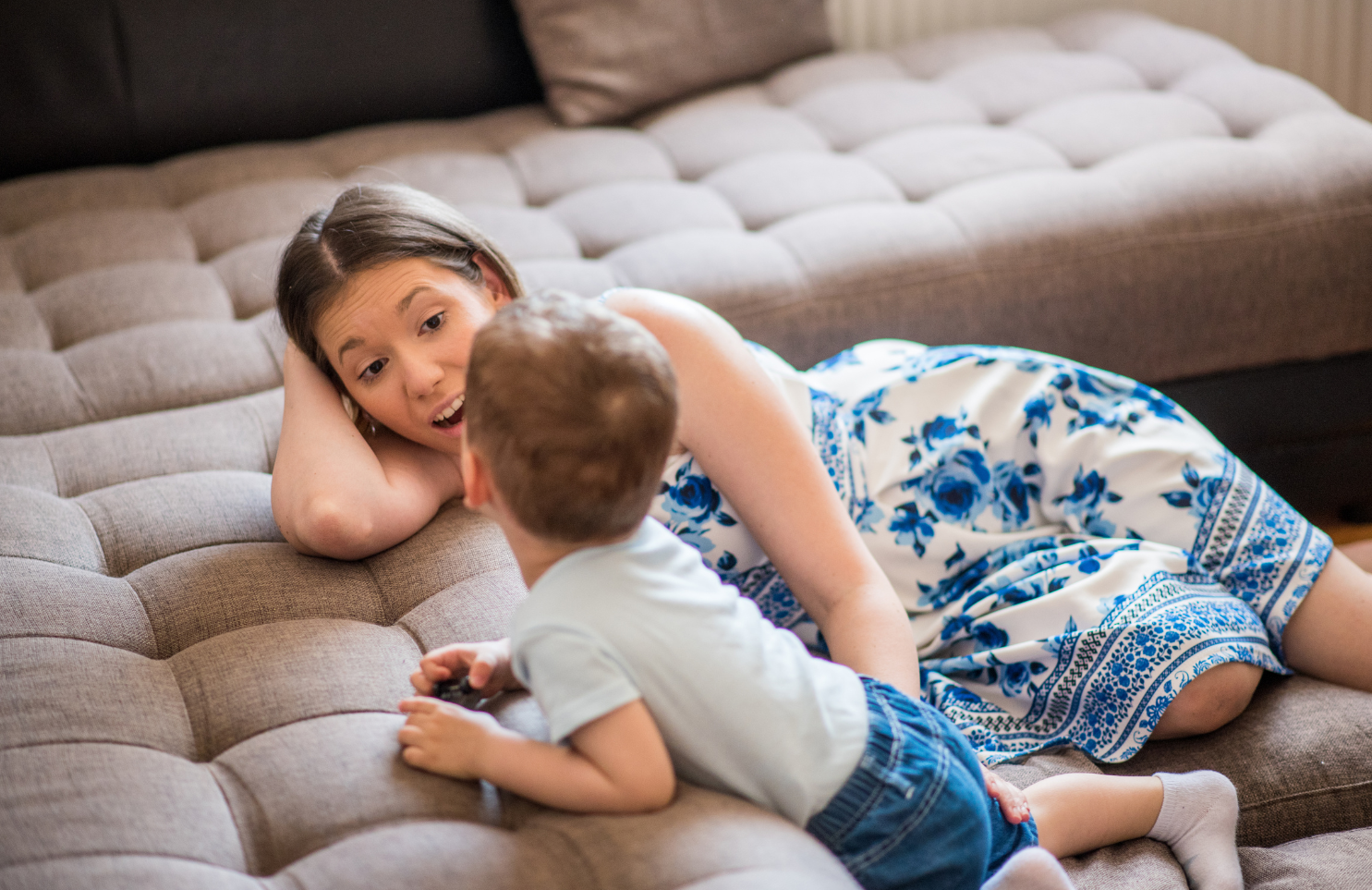 The toddler years are a time for language explosion, but not all children develop at the same pace making it difficult to know what is typical, advanced, or cause for concern. Comparing your own two-year old to other toddlers or siblings is tough to resist. As a speech-language pathologist, I know many parents who became concerned with their child’s speech and language development after witnessing other toddlers string advanced vocabulary into lengthy utterances. However, keeping typical milestones in mind may serve parents better than conducting peer comparisons.
The toddler years are a time for language explosion, but not all children develop at the same pace making it difficult to know what is typical, advanced, or cause for concern. Comparing your own two-year old to other toddlers or siblings is tough to resist. As a speech-language pathologist, I know many parents who became concerned with their child’s speech and language development after witnessing other toddlers string advanced vocabulary into lengthy utterances. However, keeping typical milestones in mind may serve parents better than conducting peer comparisons.
What is typical for children between the ages of two and three? According to American Speech and Hearing Association, most children will be able to:
- Understand opposites, like go–stop, big–little, and up–down.
- Follow two-part directions, like “Get the spoon and put it on the table.”
- Understand new words quickly.
- Have a word for almost everything.
- Talk about things that are not in the room.
- Use k, g, f, t, d, and n in words.
- Use words like in, on, and under.
- Use two or three words to talk about and ask for things.
- Be understood by people who know them.
- Ask “Why?”
- Put three words together to talk about things. May repeat some words and sounds.
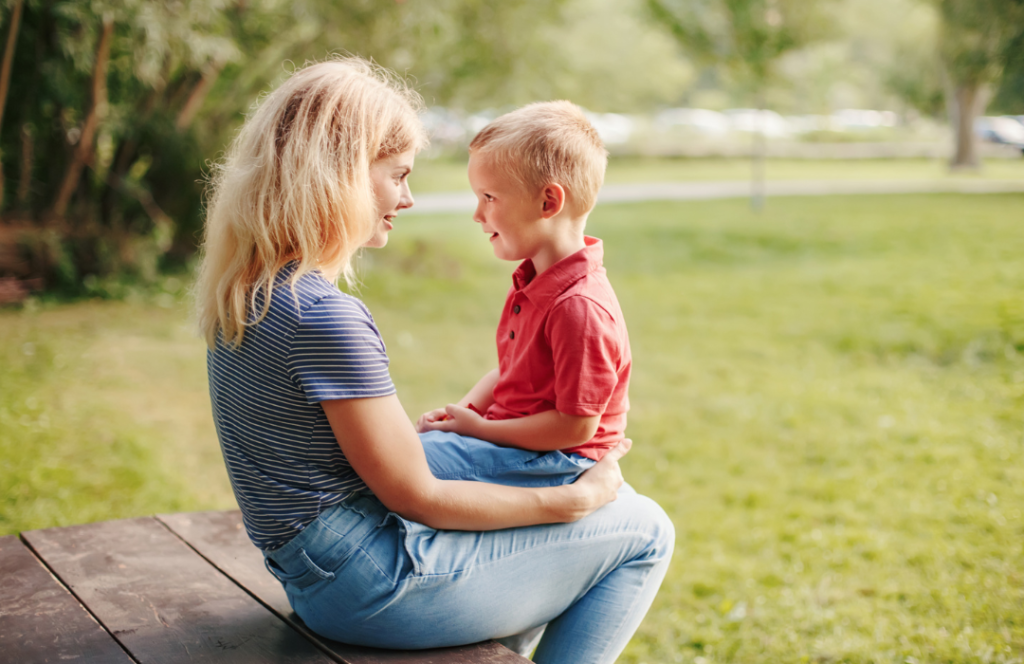 Whether your child is approaching, meeting or bypassing these milestones, there is always room for fostering more language growth.
Whether your child is approaching, meeting or bypassing these milestones, there is always room for fostering more language growth.
Here are some tips to get your child’s language skills growing:
- Talk about what you are doing. Talk about what he/she is doing.
- Use short sentences. Model speech clearly.
- Repeat what your child says, then expand on it. For example, if your child says “Red car!” follow it up with “Yes, that’s right! It is a red car. The red car is going fast. Now the red car is going up the hill. I wonder who is driving the red car.”
- Read with your child. Encourage them to talk about the pictures and what they see on the pages.
- Offer choices. Instead of saying, “Do you want a cracker?,” say “Do you want an apple or a cracker?” Your child will have the opportunity to respond with vocabulary other than “yes” or “no.”
- Sing nursery rhymes.
- Look at family photos and name the people. Talk about each person and what is happening in the photo.
- Cut pictures out of magazines and glue them onto paper. Talk about the pictures.
 Toddler brains are like little reservoirs waiting to be filled with new vocabulary and rules of language. However, each individual develops at their own pace. Some focus on gross motor skills, like climbing and jumping, while they put their speech on the back burner. Others might need a little more time. Some children will benefit from more specific language expression strategies, such as picture exchange or computer assisted communication. The early years are the best time to get your child help if you are concerned or just unsure.
Toddler brains are like little reservoirs waiting to be filled with new vocabulary and rules of language. However, each individual develops at their own pace. Some focus on gross motor skills, like climbing and jumping, while they put their speech on the back burner. Others might need a little more time. Some children will benefit from more specific language expression strategies, such as picture exchange or computer assisted communication. The early years are the best time to get your child help if you are concerned or just unsure.













